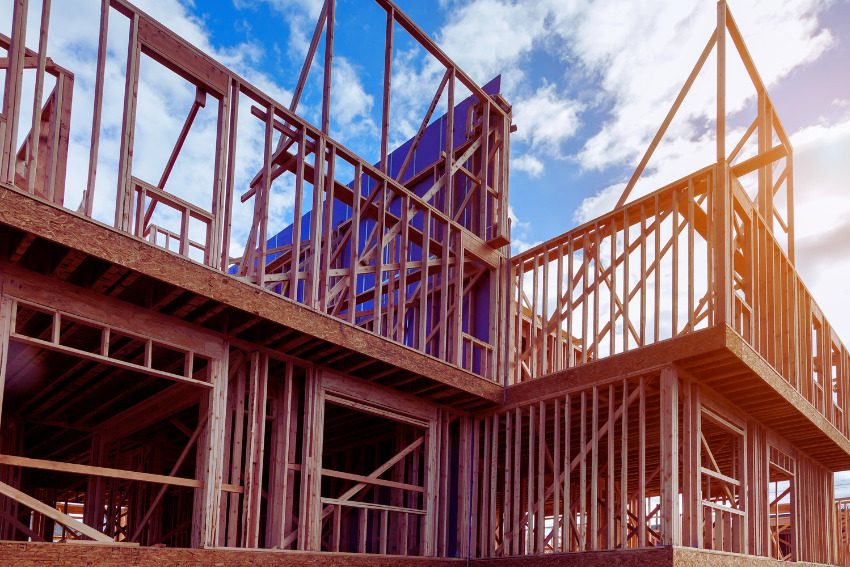
DETROIT—The Michigan Supreme Court said Monday that its 2020 decision stopping local governments from keeping cash windfalls from the sale of foreclosed homes can be applied retroactively, meaning that hundreds of millions of dollars could potentially be returned to people who lost properties over unpaid taxes.
Local governments were “essentially stealing from people,” said Christina Martin, an attorney at the Pacific Legal Foundation who argued the case for former property owners. “It doesn’t matter if it’s going to be expensive to pay them back. They have to pay them back.”
For years, counties kept profits from the sale of foreclosed homes or land—even if the leftover cash far exceeded the amount of unpaid property taxes. The Pacific Legal Foundation calls it “home equity theft.”
For example, Uri Rafaeli owed $8.41 in taxes on a rental property in Southfield. The bill grew to $285 with penalties and interest. Oakland County sold the house for $24,500 but kept the balance, which was legal at the time.
The Supreme Court in 2020 said the practice violated the Michigan Constitution. And now the court said the ruling can be applied retroactively to foreclosures that happened before the opinion was released four years ago.
“It’s a no-brainer,” Martin said.
Writing for the court, Justice Brian Zahra said the case “involves governmental violation of the constitutional rights of numerous individuals.”
He said “we are not without sympathy” toward communities that kept the surplus cash because state law had allowed it.
“Nonetheless, while the problem originated with the Legislature,” Zahra wrote, “at the foundation of our government is the precept that no state officer or local government can justify a constitutional violation on the basis of a statutory directive.”
Michigan wasn’t alone. Martin said more than a dozen states were keeping more than what was owed in overdue taxes before the US Supreme Court unanimously struck it down in 2023.
Phil Ellison, another attorney for former Michigan property owners, said tens of thousands of people now might qualify for payment.
The Michigan Municipal League, which represents local governments, argued against making the 2020 decision retroactive, saying communities shouldn’t be penalized for following what was allowed under law. Complying with this ruling could cost hundreds of millions of dollars, they warned.
“The result is potential fiscal chaos across the state, as local governments will be forced to either cut services or raise taxes and fees to make up the holes in their budgets,” the group said in a court filing.
READ MORE: AG Nessel signs bill intending to protect homeowners into law

Lawmakers pursue tweaks to zoning laws in effort to bolster state housing supply
BY KYLE DAVIDSON, MICHIGAN ADVANCE MICHIGAN—As the Legislature moves into lame duck session, marking the final weeks of Democrats’ control of the...

Housing advocates march to Michigan Capitol, demand lawmakers ‘show the people you’re not useless’
BY KYLE DAVIDSON, MICHIGAN ADVANCE MICHIGAN—After more than 100 organizations submitted a letter to Michigan’s elected leaders calling for the...

Walz and Vance offer wildly different visions for how to solve America’s housing shortage
During Tuesday’s vice presidential debate, Tim Walz highlighted the importance of building more affordable homes for families and holding...

As acting governor, AG Nessel signs bill intending to protect homeowners into law
BY LUCY VALESKI, MICHIGAN ADVANCE MICHIGAN—A bill intended to give homeowners more legal protections when working with real estate brokers became...

Opinion: Addressing housing and homelessness is my personal mission
Daniel Mahoney, the Mayor of Jackson and candidate for Michigan House District 46, understands the importance of affordable housing. Recently, we’ve...







